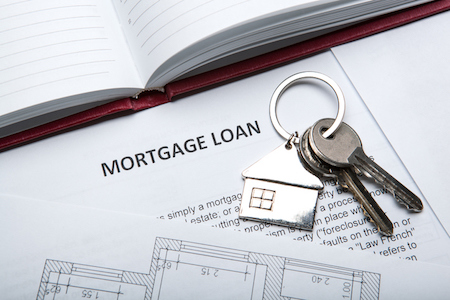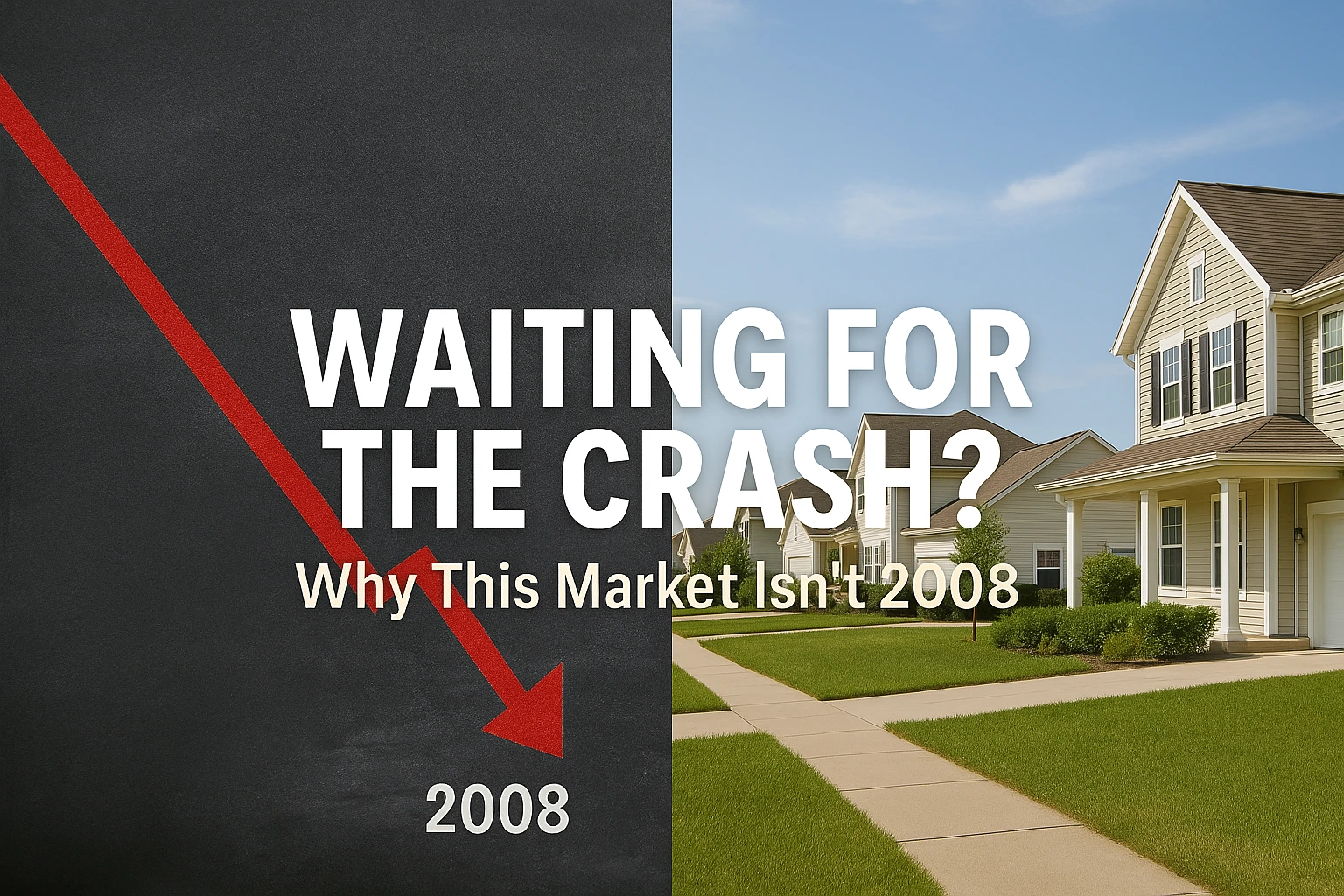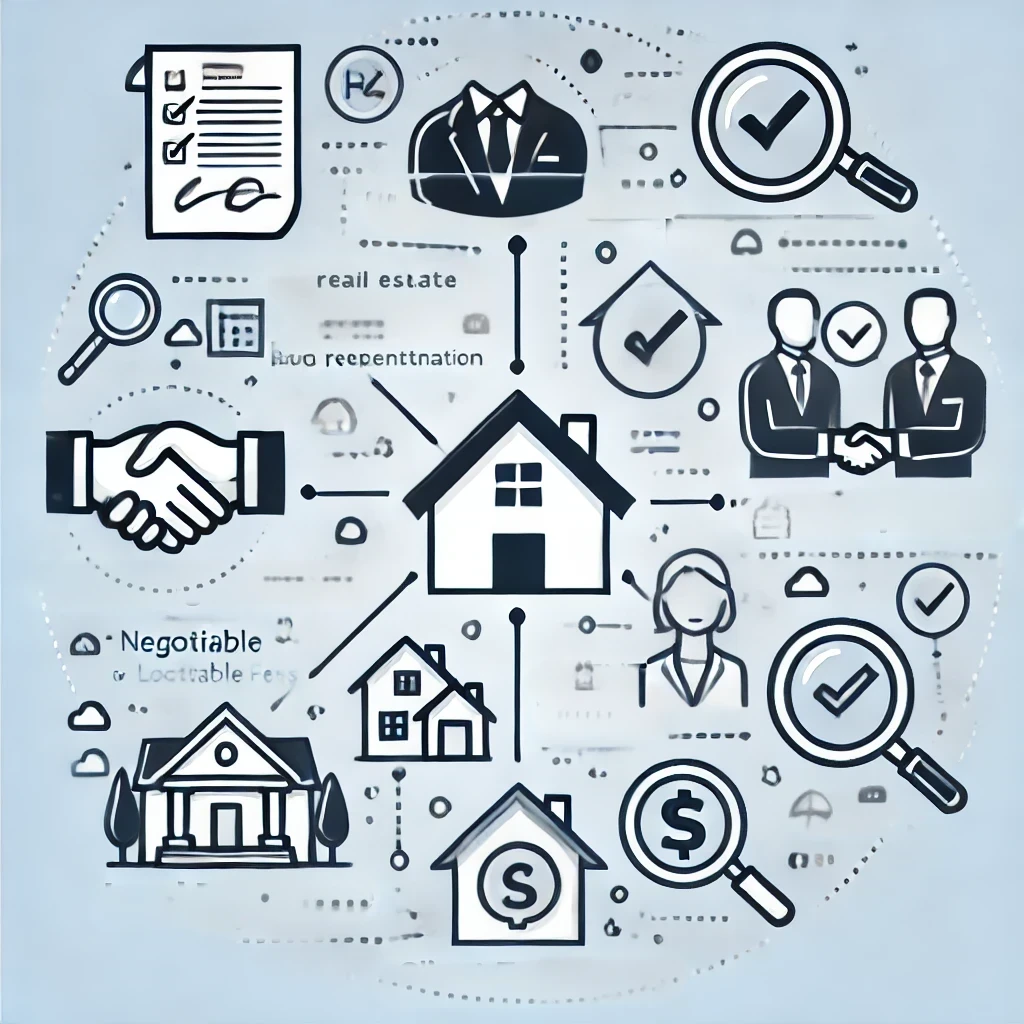Share

🏡 15-Year vs. 30-Year Mortgage: Is Paying It Off Faster Worth the Squeeze?
Look, buying a home in today’s market is no small feat—especially when you’re staring down interest rates that feel more like a car loan from the early 2000s. So it’s no surprise that most folks lean into a 30-year mortgage for that lower monthly payment.
But if you’ve got the financial muscle to handle it, a 15-year mortgage might save you a small fortune—and get you to the finish line way faster.
Let’s take a look at what that really means for a typical Central Florida homebuyer.
💸 Shorter Loan = Long-Term Savings
Yes, a 15-year loan means a steeper monthly payment—but the savings? They’re massive.
Here’s what it looks like for a $350,000 mortgage at today’s ballpark rates:
| Mortgage Type | 30-Year | 15-Year |
|---|---|---|
| Interest Rate | 5.85% | 5.25% |
| Monthly Payment | $2,062 | $2,812 |
| Total Interest Paid | $391,647 | $155,363 |
That’s over $236,000 in interest savings. Sure, you’re paying more each month, but you’re also saying “see ya” to your lender 15 years sooner and keeping a massive chunk of your hard-earned money.
💪🏼 You’ll Build Equity at Warp Speed
When you go the 15-year route, more of your payment goes toward principal right out of the gate. That means you build equity faster—and that gives you more options down the road. Whether you want to refinance, cash out with a HELOC, or just sleep better at night knowing your net worth’s going up, this route gets you there quicker.
👵🏽 No Mortgage in Retirement? That’s the Dream.
Let’s be real—heading into retirement with no mortgage is a power move.
If you’re planning to retire in 10 to 20 years, imagine crossing that finish line with your home 100% paid off. Instead of stretching retirement savings to cover house payments, you’re using your money to enjoy retirement—not fund it.
🤔 So, What’s the Catch?
The monthly payment. It’s higher—about $750 more in this example. So you’ll want to make sure:
-
You’ve got stable income
-
You’re not drowning in other debt
-
You have an emergency fund (because life happens)
If that’s you? A 15-year mortgage could be one of the smartest financial decisions you ever make.
👊 Ready to Run the Numbers?
This isn’t a one-size-fits-all situation. Let’s talk about your goals, your budget, and what makes the most sense for yournext move.
STAY IN THE LOOP





